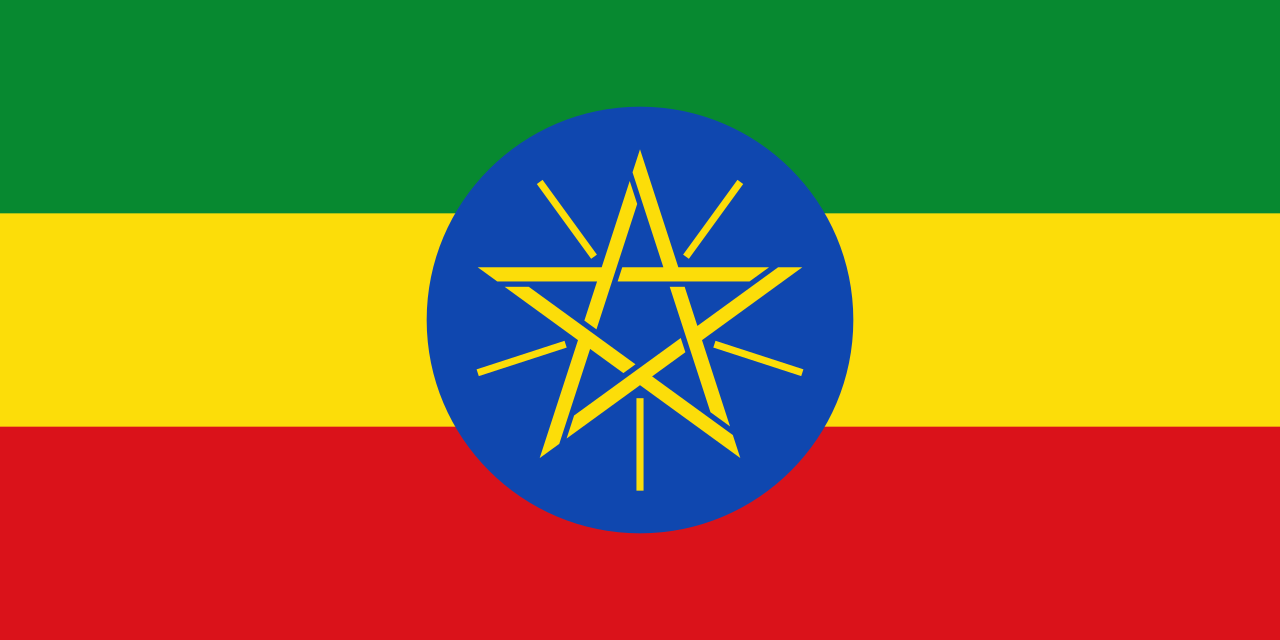Journeying Through the Birthplace of Arabica Excellence
Ethiopian coffee, often referred to as the “birthplace of coffee,” holds a special place in the hearts of coffee enthusiasts worldwide. The unique combination of Ethiopia’s rich coffee heritage, diverse coffee varieties, and traditional cultivation methods contributes to the exceptional and distinct flavors found in Ethiopian coffee beans.
Ethiopia, nestled in the Horn of Africa, is believed to be the origin of the Arabica coffee plant. The legend goes that a 9th-century Ethiopian goat herder named Kaldi discovered the coffee bean after noticing his goats became unusually energetic upon consuming the berries from a certain plant. This serendipitous discovery laid the foundation for the global coffee culture we know today.
One of the defining features of Ethiopian coffee is its exceptional diversity. Ethiopia is home to numerous coffee varieties, each with its unique flavor profile influenced by factors such as altitude, climate, and soil. Notable Ethiopian coffee varieties include Sidamo, Yirgacheffe, Harrar, and Limu, each offering a distinctive taste experience.
Yirgacheffe, in particular, is renowned for its floral and citrusy notes, often considered one of the finest and most sought-after coffee varieties globally. Sidamo coffees, on the other hand, are celebrated for their bright acidity and wine-like characteristics. Harrar coffees, grown in the Eastern Highlands, are known for their full-bodied and fruity flavors, while Limu coffees from the southwest exhibit a balanced profile with a hint of winey acidity.
The traditional Ethiopian coffee ceremony, known as “Bunna,” is a cultural ritual that showcases the importance of coffee in Ethiopian society. The ceremony involves roasting green coffee beans, grinding them, and brewing the coffee in a special pot called a “jebena.” This communal experience emphasizes the social and cultural significance of coffee in Ethiopian communities.
Ethiopian coffee’s global appeal has led to the emergence of terms like “Ethiopian single origin” and “Ethiopian specialty coffee” in coffee culture and marketing. Coffee enthusiasts actively seek out these coffees for their unique and vibrant flavor profiles.
In recent years, Ethiopia has also embraced sustainable and traceable coffee practices. The country’s commitment to environmentally friendly and socially responsible coffee production is reflected in certifications such as Organic and Fair Trade, meeting the growing demand for ethically sourced coffee.
As consumers increasingly appreciate the nuances of coffee and the stories behind each cup, Ethiopian coffee continues to captivate with its rich history, diverse flavors, and cultural significance. Whether sipped in a bustling Ethiopian market or enjoyed in a trendy coffee shop halfway around the world, Ethiopian coffee offers a journey through time and taste, celebrating the roots of this beloved beverage.
Tags: coffee growers, Ethiopia

